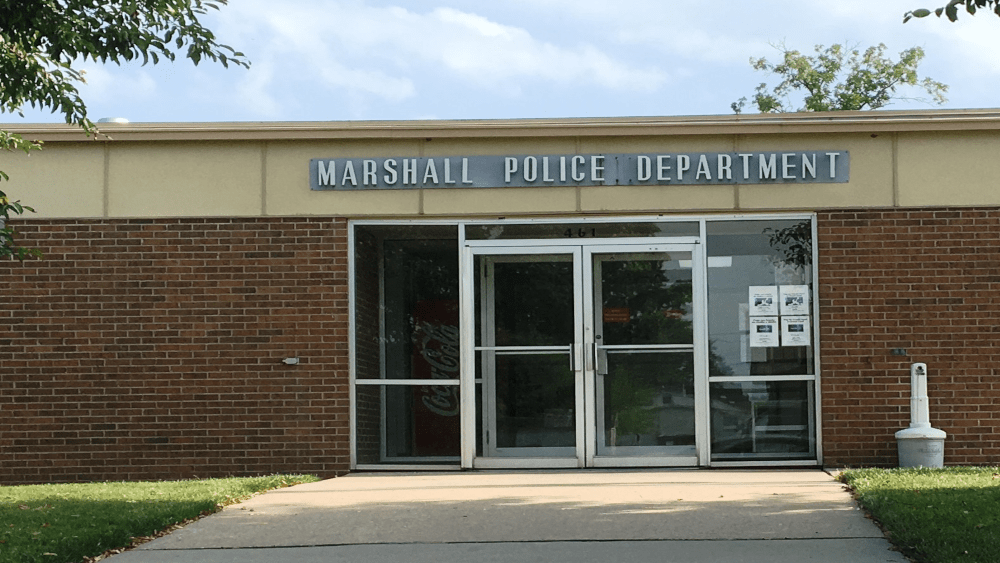
The number of U.S. lives lost to opioid overdose has been increasing for nearly two decades in an epidemic that affects people of all ages, races and geographic areas to include Marshall.
In seeing an increase in opioid overdoses in Marshall, the Marshall Police Department has had all officers attend training through the Missouri Department of Health and Senior Services Overdose Education and Naloxone Administration Training for First Responders.
Opioids kill by depressing respiration to the point that insufficient oxygen is available to brain and other cells, a condition termed as hypoxia. Naloxone displaces opioids from the brain receptors to which they attach, reversing their effects and restoring normal respiration. The public health challenge is ensuring that naloxone is available when and where it is needed.
The rise in opioid overdoses has been driven mainly by opioid analgesics, although heroin-involved deaths have recently begun to increase as well. The mistreatment data has shown a continued increase in fatal opioid overdoses with deaths.
Law-enforcement officers (LEOs) are often the first emergency responders to arrive at an overdose, but they are not typically equipped with naloxone.
However, Marshall Police officers, with the assistance of the Saline County Health Department, have been issued naloxone for the use in an overdose situation. Fatal opioid overdose is a solvable public health problem. Whether caused by heroin or prescription painkillers, opioid overdose is reversible through the timely administration of naloxone.


